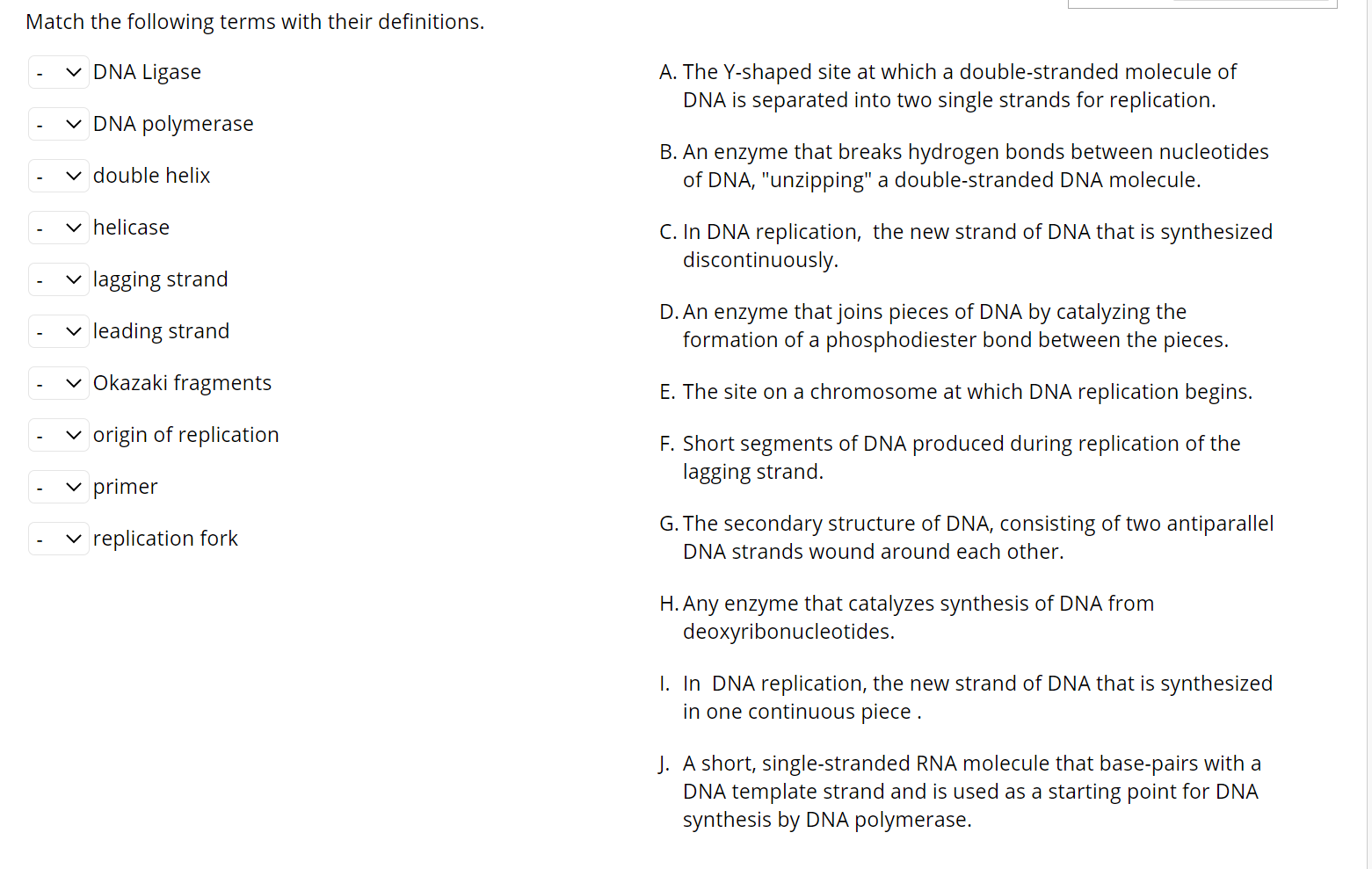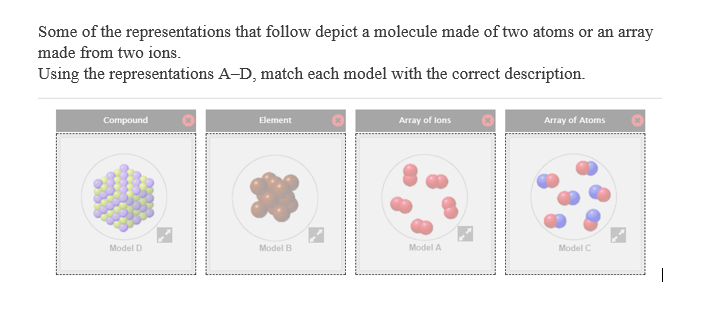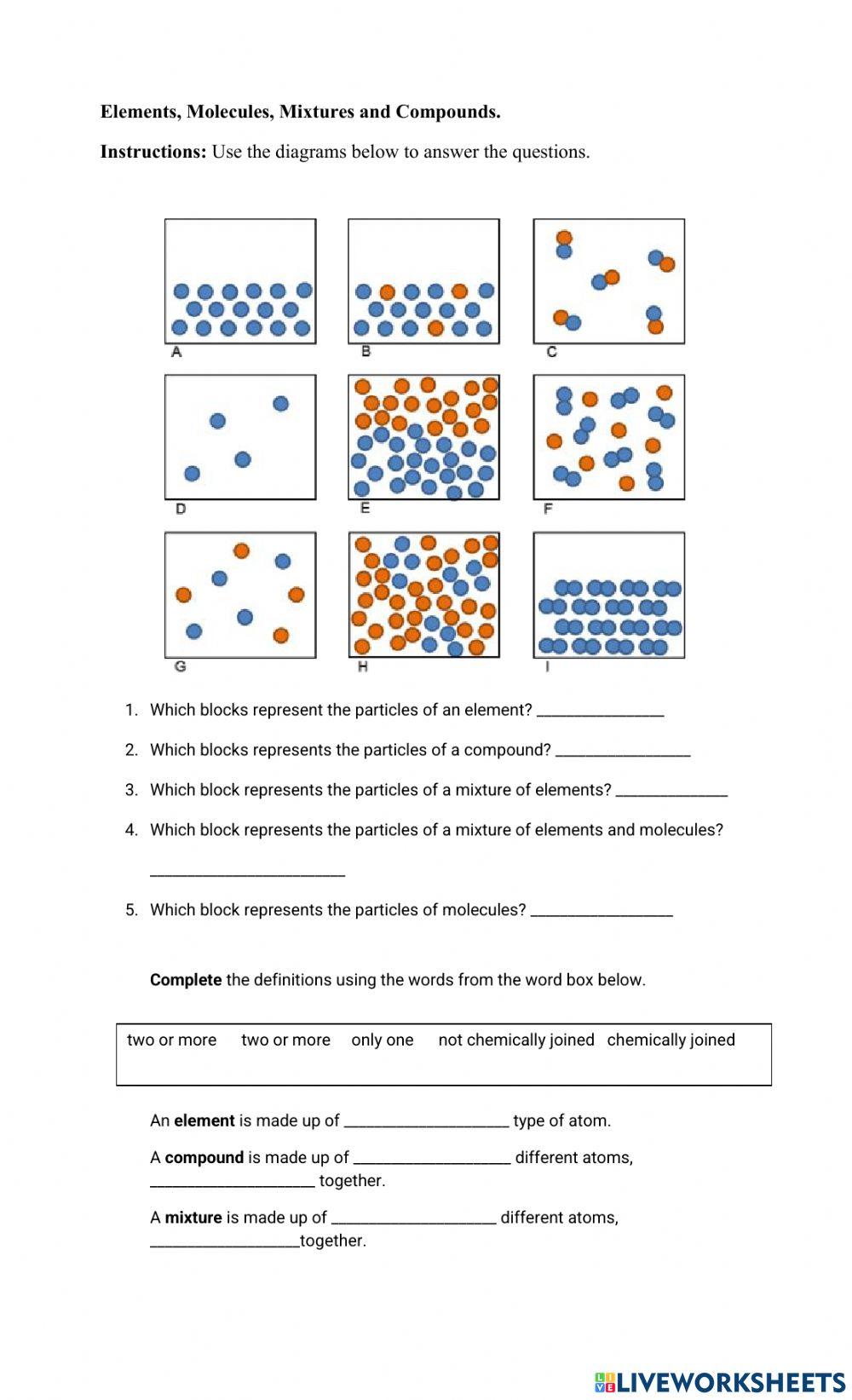Large biological molecules often assemble via dehydration synthesis reactions, in which one monomer forms a covalent bond to another monomer (or growing chain of monomers), releasing a water molecule in the process.
Matching Family Outfits for First Birthday Girl (30 Stunning Ideas)
Oct 30, 2023The match the term that involves what is happening to the bonds in a molecule with the term the describes waters role in the process. Synthesis Reaction Decomposition Reaction Synthesis Reaction – dehydration Decomposition Reaction – hydrolysis Any charged particle, atom or molecule will be attracted to water, and be able to interact with water.

Source Image: chegg.com
Download Image
Conformational isomers, also known as conformers, differ from one another by their rotation around a single bond. Rotations occur freely around single carbon-carbon bonds. Unlike double and triple bonds, which are “locked” in their orientation, single bonds have no such restrictions. Figure 5.1.2 5.1. 2: Conformational isomers of pentane.

Source Image: chegg.com
Download Image
Solved 2. Match the naming prefix and definition to the | Chegg.com Science Biology Biology questions and answers Match the following molecules with their function. 1. DNA (Click to select) 🙂 2. mRNA (Click to select) 🙂 3. ATP (Click to select) 4.

Source Image: theinkeylist.com
Download Image
Match The Following Molecules With Their Definitions.
Science Biology Biology questions and answers Match the following molecules with their function. 1. DNA (Click to select) 🙂 2. mRNA (Click to select) 🙂 3. ATP (Click to select) 4. 1. The bromine atom has seven valence electrons, and each fluorine has seven valence electrons, so the Lewis electron structure is. Three fluorines are bonded to a central bromine. Each fluorine has three lone pairs, Bromine has two lone pairs. Once again, we have a compound that is an exception to the octet rule. 2.
What Products Should I Not Layer Together? | The INKEY List
Molecules are the simplest unit of a covalent compound, and molecules can be represented in many different ways. Atoms are the smallest units of matter that still retain the fundamental chemical properties of an element. Much of the study of chemistry, however, involves looking at what happens when atoms combine with other atoms to form compounds. Farm Animals: Moms and Babies Matching Worksheets for PreK-5th grades

Source Image: homeschoolhelperonline.com
Download Image
Ancient primates’ unchipped teeth hint that they ate mostly fruit Molecules are the simplest unit of a covalent compound, and molecules can be represented in many different ways. Atoms are the smallest units of matter that still retain the fundamental chemical properties of an element. Much of the study of chemistry, however, involves looking at what happens when atoms combine with other atoms to form compounds.

Source Image: sciencenews.org
Download Image
Matching Family Outfits for First Birthday Girl (30 Stunning Ideas) Large biological molecules often assemble via dehydration synthesis reactions, in which one monomer forms a covalent bond to another monomer (or growing chain of monomers), releasing a water molecule in the process.

Source Image: fakefabulous.com
Download Image
Solved 2. Match the naming prefix and definition to the | Chegg.com Conformational isomers, also known as conformers, differ from one another by their rotation around a single bond. Rotations occur freely around single carbon-carbon bonds. Unlike double and triple bonds, which are “locked” in their orientation, single bonds have no such restrictions. Figure 5.1.2 5.1. 2: Conformational isomers of pentane.

Source Image: chegg.com
Download Image
The Unbecoming of Mara Dyer (Mara Dyer, #1) by Michelle Hodkin | Goodreads Figure 1. In the dehydration synthesis reaction depicted above, two molecules of glucose are linked together to form the disaccharide maltose. In the process, a water molecule is formed. In a dehydration synthesis reaction (Figure 1), the hydrogen of one monomer combines with the hydroxyl group of another monomer, releasing a molecule of water.

Source Image: goodreads.com
Download Image
Elements, Molecules, Compounds and Mixtures Worksheet online exercise for | Live Worksheets Science Biology Biology questions and answers Match the following molecules with their function. 1. DNA (Click to select) 🙂 2. mRNA (Click to select) 🙂 3. ATP (Click to select) 4.

Source Image: liveworksheets.com
Download Image
Daily Writing Prompts: 365 Ways to Practice Craft – Now Novel 1. The bromine atom has seven valence electrons, and each fluorine has seven valence electrons, so the Lewis electron structure is. Three fluorines are bonded to a central bromine. Each fluorine has three lone pairs, Bromine has two lone pairs. Once again, we have a compound that is an exception to the octet rule. 2.

Source Image: nownovel.com
Download Image
Ancient primates’ unchipped teeth hint that they ate mostly fruit
Daily Writing Prompts: 365 Ways to Practice Craft – Now Novel Oct 30, 2023The match the term that involves what is happening to the bonds in a molecule with the term the describes waters role in the process. Synthesis Reaction Decomposition Reaction Synthesis Reaction – dehydration Decomposition Reaction – hydrolysis Any charged particle, atom or molecule will be attracted to water, and be able to interact with water.
Solved 2. Match the naming prefix and definition to the | Chegg.com Elements, Molecules, Compounds and Mixtures Worksheet online exercise for | Live Worksheets Figure 1. In the dehydration synthesis reaction depicted above, two molecules of glucose are linked together to form the disaccharide maltose. In the process, a water molecule is formed. In a dehydration synthesis reaction (Figure 1), the hydrogen of one monomer combines with the hydroxyl group of another monomer, releasing a molecule of water.